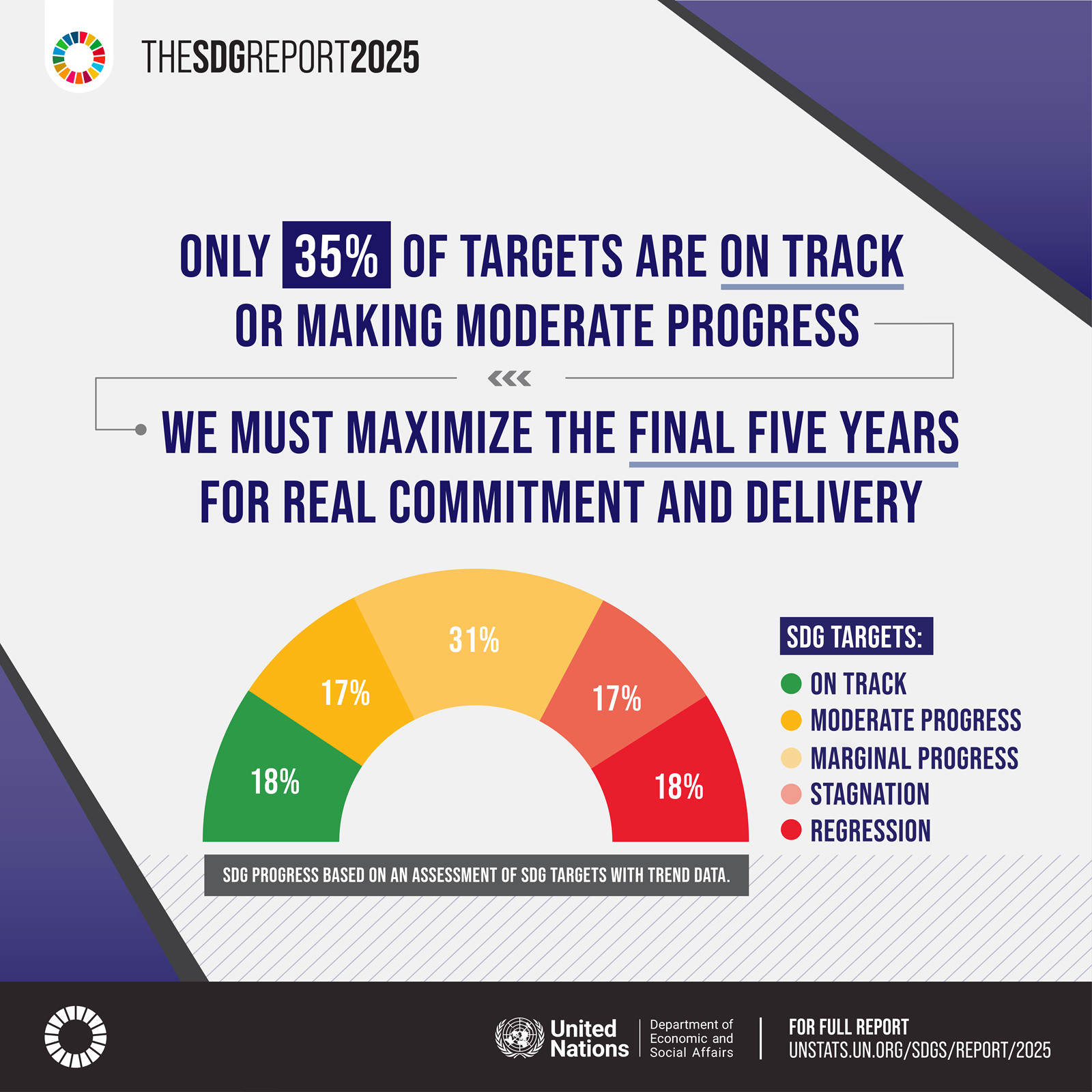As Africa marks the Day of the
African Child (DAC) on June
16, 2025, this year's theme—"Planning and Budgeting for
Children's Rights: Progress Since 2010"—calls on governments and
partners to reflect deeply on promises made more than a decade ago. In 2010, the theme of
the DAC was: "Planning and budgeting for children's rights: a collective
responsibility". Therefore, it is a moment of reflection, given the
diverse geopolitical changes and sustained or enhanced challenges facing
children on the continent. It is also a timely reminder: children must be
placed at the heart of national development, including in climate action and
energy policy.
With over 40% of Africa’s population under the
age of 15, decisions made today on energy systems and climate strategies
will determine whether this generation grows up with opportunities or with
growing inequalities and risks.
Climate Change and Energy
Poverty: A Double Threat to Africa’s Children
From devastating floods in West Africa to prolonged
droughts in the Horn, climate shocks are already disrupting schools, health
systems, and food supply chains. These disruptions hit children
hardest, compounding risks to their education, nutrition, and safety.
At the same time, nearly 600 million people in sub-Saharan Africa still lack access to electricity. In too many communities, children study
by candlelight, vaccines spoil without refrigeration, and families cook using polluting
fuels that harm respiratory health.
We cannot build a climate-resilient Africa without
ensuring children have access to clean, reliable energy.
A Child-Centred Approach to
Climate and Energy Planning
To secure a better future, climate action and
energy investments must be inclusive, equity-driven, and rooted in the needs of
children and youth. This begins with how we plan.
- Inclusive
Planning:
Governments should meaningfully engage youth, communities, and civil
society in climate and energy policy design. Young Africans are already
leading the way in climate activism—let’s put their voices at the centre.
- Smart
Budgeting:
Public budgets should reflect child-focused climate priorities—like solar
energy in schools, clean water in clinics, and support for climate-smart
agriculture. But many budgets remain fragmented or misaligned. Ministries
of Finance, Planning, Environment, and Energy must collaborate to
mainstream child-sensitive investments.
- Stronger
International Support: Global climate finance mechanisms like Mission 300
that seek to prioritise African-led, child-sensitive initiatives.
Development partners also have a role to play in building capacity for
planning, allocating, and tracking funds.
- Better Data for Smarter Decisions: We need more detailed data on how climate and energy gaps impact children, especially across gender, geography, and income levels. Tools like climate budgeting and child-sensitive risk assessments should become standard practice.
Real Investments, Real Impact
Investments in off-grid solar, clean cooking
technologies, and climate-smart education infrastructure can transform lives.
They reduce emissions, protect health, and expand access to opportunity, while
aligning with Agenda 2063 and
the UN Sustainable Development Goals.
In addition, in the third round of Nationally
Determined Contributions (NDCs) this year, African countries should update
their respective plans with ambition to transform the lives of children for the
better in the next five years.
A Call to Action
On this Day of the African Child, we are reminded
that climate justice and energy access are not just environmental or
economic issues—they are children's rights issues.
Let’s commit to planning and budgeting that places
Africa’s children at the centre of a sustainable, inclusive transition. So that
every child can learn, grow, and thrive in a safer, greener Africa.


No comments:
Post a Comment